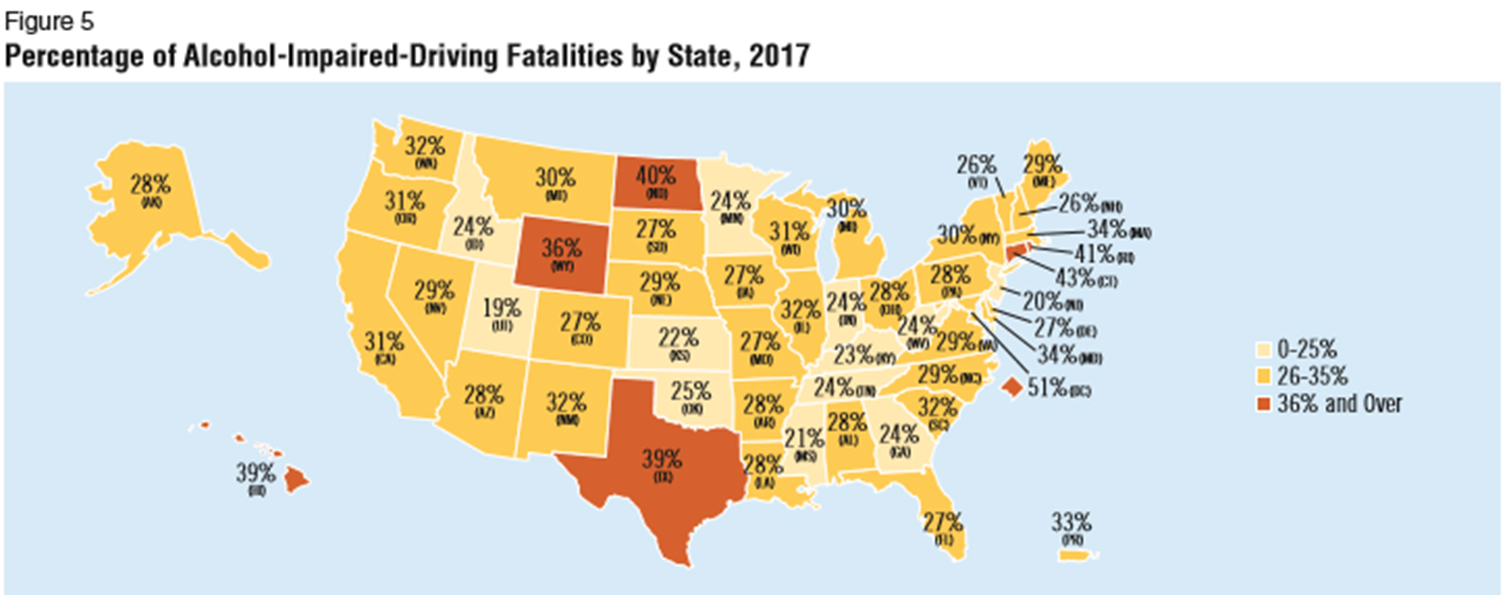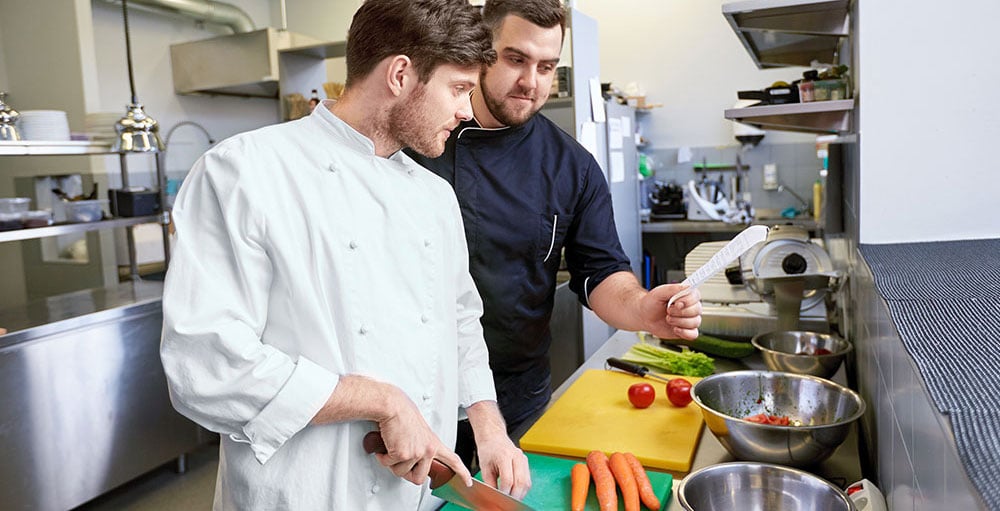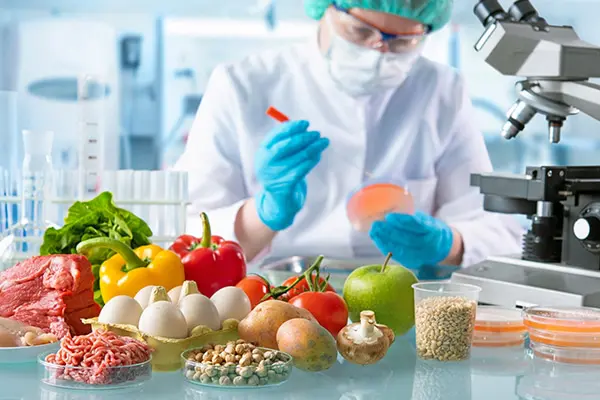Simple Steps to Get Your servsafe food handler certificate Without Hassle
Simple Steps to Get Your servsafe food handler certificate Without Hassle
Blog Article
Boost Your Work Opportunities: Why a Food Handler Certification Is a Must-Have in the Culinary Market
In today's affordable cooking landscape, the value of a food handler certificate can not be overstated. As restaurants and food solution establishments increasingly prioritize licensed staff, professionals furnished with this qualification stand to obtain a considerable benefit.
Relevance of Food Security
In the culinary sector, the importance of food safety can not be overemphasized. Contaminated food can lead to severe health and wellness concerns, consisting of foodborne illnesses, which can impact individuals and lead to significant responsibility for food facilities.
Food security encompasses a variety of procedures, including correct food handling, storage, cooking, and serving techniques. Sticking to these methods not just minimizes the danger of contamination yet also aids in following neighborhood wellness guidelines. Correct training in food security makes it possible for cooking professionals to recognize possible threats and carry out safety nets properly.
Moreover, a strong dedication to food safety can improve the credibility of a cooking establishment, fostering consumer commitment and business development. Customers are increasingly familiar with food safety concerns, making it crucial for food handlers to show their adherence to best techniques. Ultimately, focusing on food safety and security is not just a regulative need; it is a basic element of offering top quality food service and safeguarding the health of clients.

Qualification Requirements
Food safety and security techniques are just as efficient as the individuals implementing them, making qualification a crucial action for food trainers in the cooking market. To acquire a Food Trainer Certification, prospects must typically complete a training program that covers crucial topics such as foodborne health problems, cleanliness, individual health, and secure food handling methods.
The majority of qualification programs are made to fit numerous discovering designs, providing alternatives for online, in-person, or hybrid formats. Participants must pass an evaluation to show their understanding of the product, with a minimum passing rating often set at 70%.
The period of training can differ, with some programs calling for just a few hours, while others might prolong over several days. After successfully completing the program and exam, candidates get their accreditation, which is usually legitimate for three to five years, depending upon neighborhood regulations.
Renewal frequently entails taking back the program or completing a refresher program to ensure that food trainers stay upgraded on the most recent methods and criteria. Compliance with these qualification demands not just improves specific understanding but also contributes to the general security and high quality of food service operations.
Job Market Demand
Exactly how has the task market for food handlers developed in recent times? The demand for food handlers has actually considerably increased, greatly driven by the expanding recognition of food safety and hygiene among consumers and governing bodies. With the increase of foodborne diseases, dining establishments, providing services, and food production companies are prioritizing the hiring of certified food trainers to make sure compliance with health and wellness laws. This shift has resulted in an enhanced emphasis on food safety and security training and certification as requirements for employment in the cooking industry.
Furthermore, the increasing dining establishment field, especially with the development of food shipment services and food vehicles, has developed an abundance of job possibilities for food handlers. The demand for experienced employees who can safely prepare and handle food has actually ended up being paramount. servsafe food handler certificate. Furthermore, as culinary businesses embrace click here now extra rigid security protocols, the value of a food trainer certificate has actually increased, making it a vital possession for job hunters
Because of this, people entering the cooking workforce are discovering that getting a food trainer certification not only enhances their employability but also positions them positively in a competitive job market that significantly prioritizes food safety and security and hygiene standards.
Benefits of Qualification
Acquiring a food trainer certification supplies many advantages that considerably enhance a specialist's standing in the culinary sector. First and leading, it demonstrates a commitment to food safety and hygiene, which is extremely important in preventing foodborne diseases. This qualification furnishes individuals with vital understanding concerning risk-free food taking care of practices, including appropriate storage space, cooking temperature levels, and sanitation treatments
Additionally, possessing a food trainer certification can improve an individual's employability. Lots of companies prioritize candidates with this accreditation, seeing it as an indication of professionalism and trust and competency. This can lead to better task opportunities and possibly greater incomes, as qualified individuals are often left with better obligations.
Moreover, the qualification fosters a culture of safety and responsibility within the office. It not only enhances a staff member's confidence in their skills yet also advertises a safer environment for clients and colleagues alike. Finally, maintaining a food handler certification can open doors to further instructional and job development opportunities within the culinary field. Overall, this accreditation is a strategic financial investment that profits both experts and the facilities they offer, eventually adding to a thriving cooking sector.
Steps to Get Qualified
Acquiring a food trainer certificate includes an uncomplicated procedure that can establish individuals on a course to boosted job leads in the cooking industry. The primary step is to discover an accredited program or training service provider that uses food safety and security courses. Numerous organizations give both in-person and online options, permitting versatility in learning.

After efficiently passing the exam, people will obtain their food trainer certificate, which is commonly valid for a certain period, usually three to 5 years. To keep certification, it might be required to complete refresher courses or take back the exam find here prior to the expiration date.
Last but click not least, it is essential to confirm any kind of regional or state-specific policies pertaining to food handler certification, as needs can differ. By following these steps, people can get their qualification and considerably enhance their employability in the competitive cooking landscape.

Final Thought
Finally, acquiring a food handler certification is essential in the cooking industry, as it guarantees adherence to food safety criteria and boosts employability. With the growing need for licensed employees, this credential not only opens up doors to task opportunities but also adds to occupation advancement and increased making capacity. Inevitably, a food handler certificate signifies a commitment to security and expertise, fostering a culture of accountability that benefits both employees and employers in the food solution sector.
Report this page